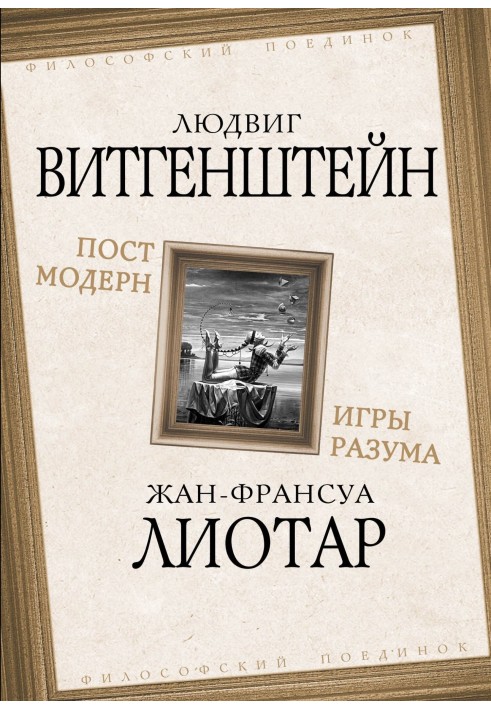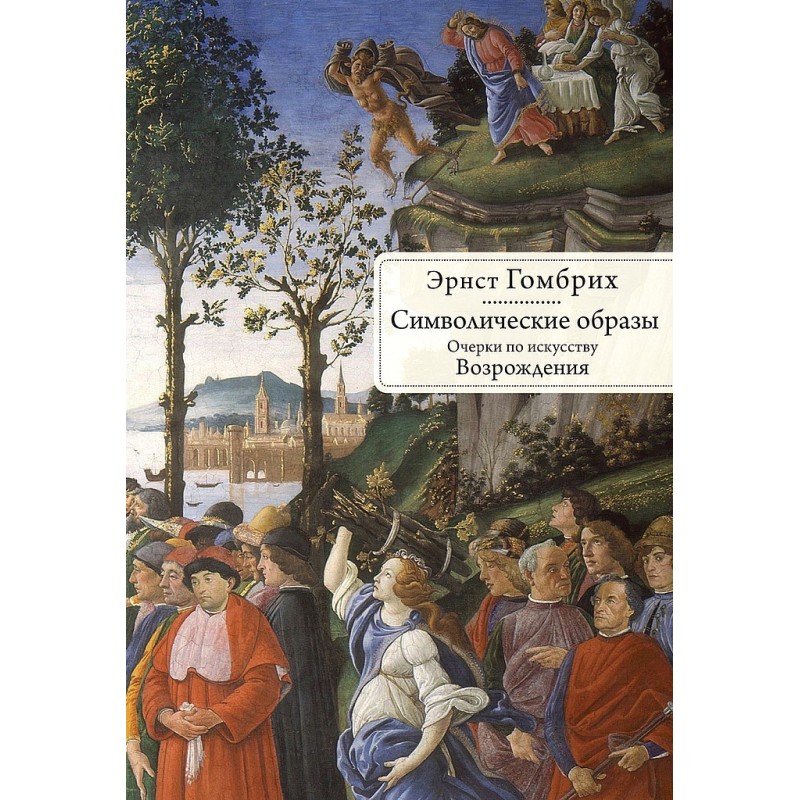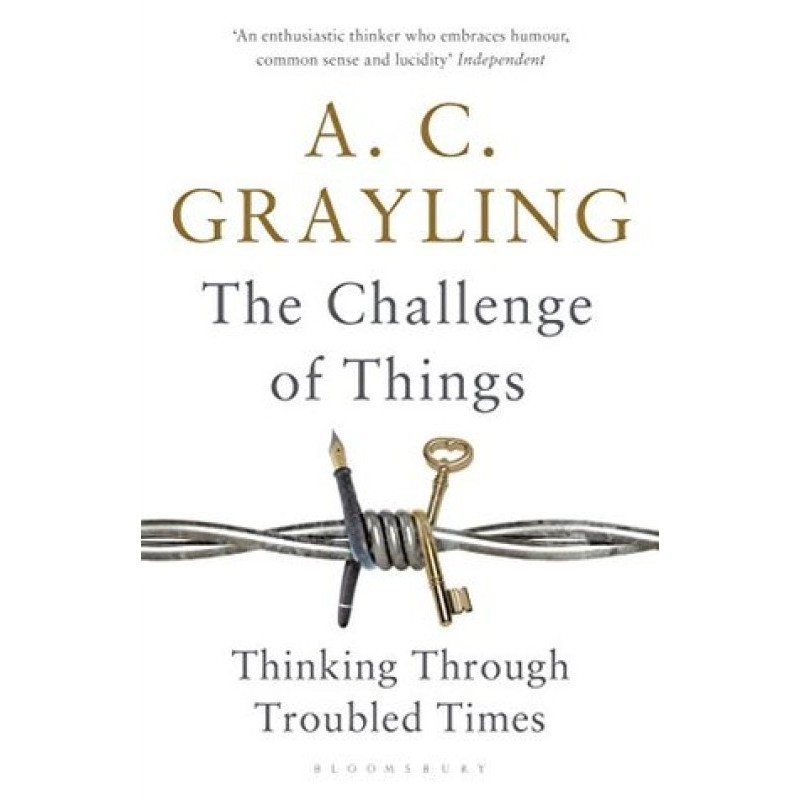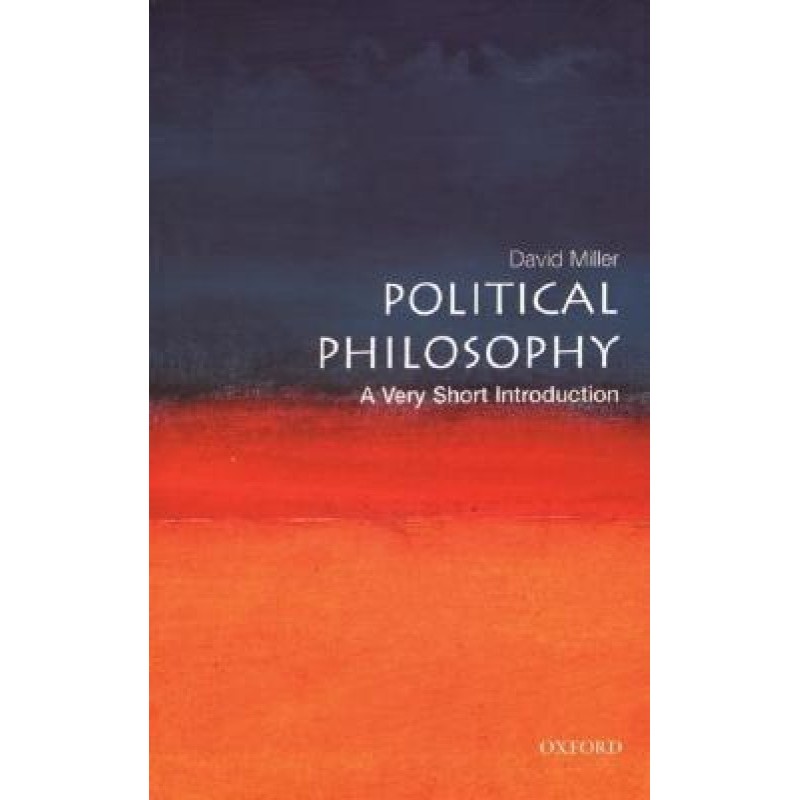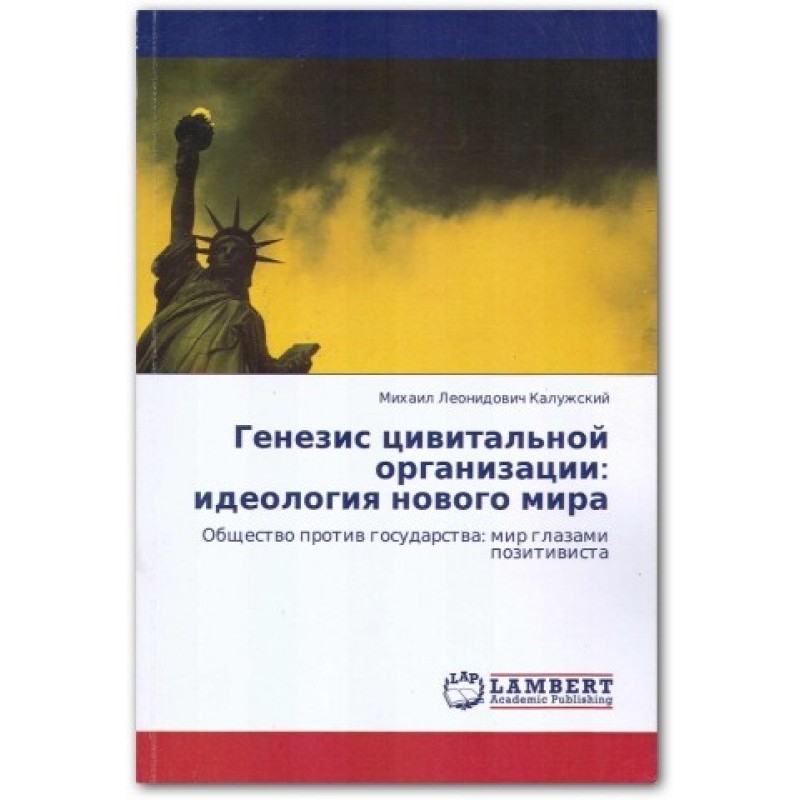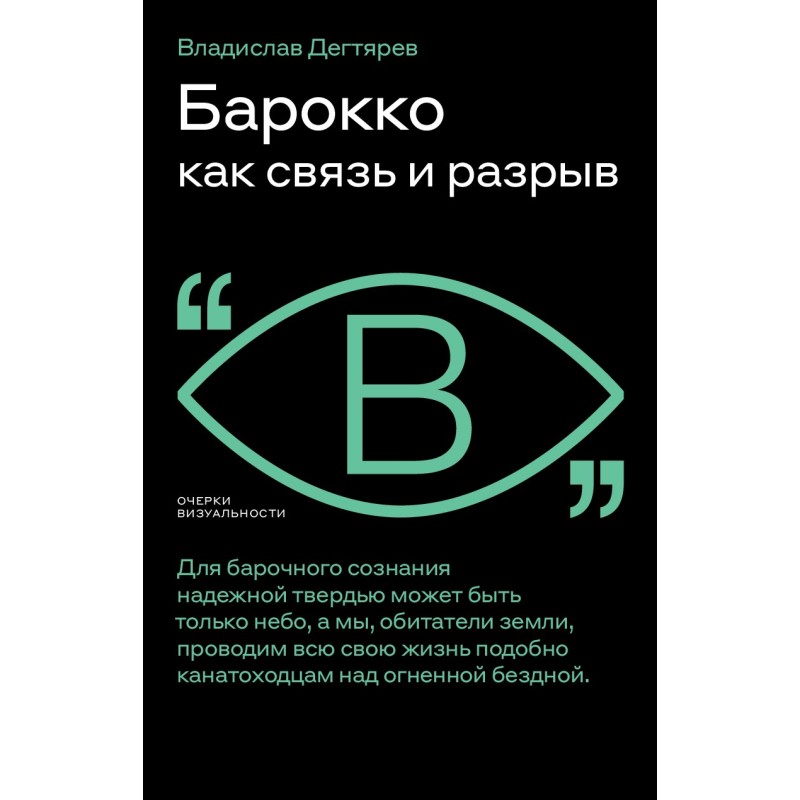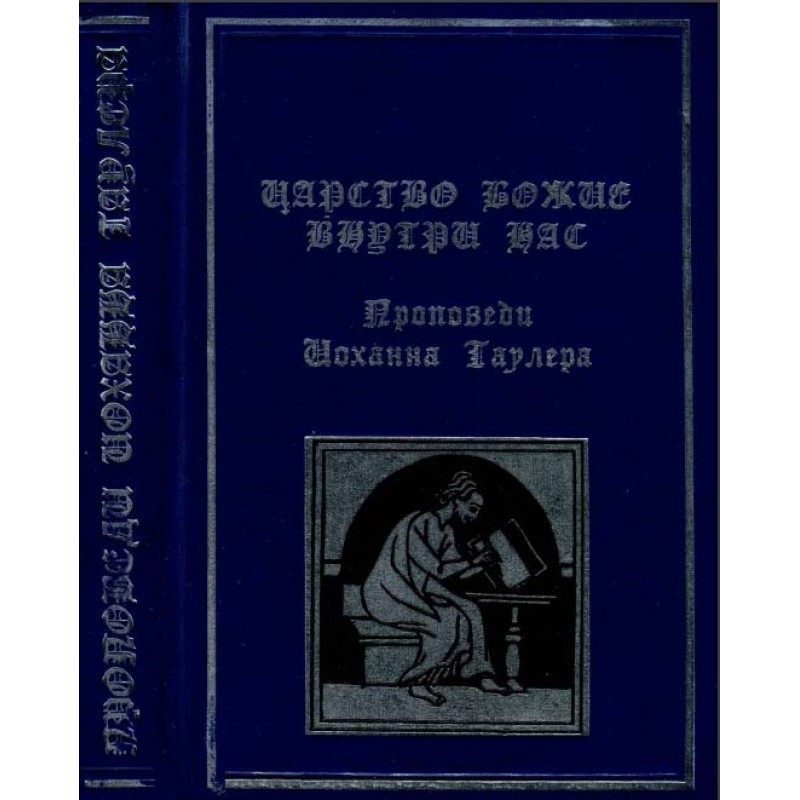Postmodern. Mind games
 Instant download
Instant download
after payment (24/7)
 Wide range of formats
Wide range of formats
(for all gadgets)
 Full book
Full book
(including for Apple and Android)
Ludwig Wittgenstein is one of the greatest philosophers of the 20th century, working in the fields of logic, philosophy of mind and language as a form of reason. Wittgenstein believed that language cannot be understood outside the context in which it is used: as the context changes, so does the semantic meaning of the language. This all resembles a “language game,” a set of methods rather than a theory, but Wittgenstein believed that this is the only way a discipline could look like, constantly forced to adapt to its changing subject matter. Jean-François Lyotard, a French postmodernist philosopher, gives a different interpretation of “linguistic games" by Wittgenstein. According to Lyotard, “language games” should mean individual systems in which independent rules for their activity are produced. In the postmodern era, says Lyotard, previous large-scale philosophical doctrines (metanarratives) cause skepticism. We understand the incompatibility of our aspirations, beliefs and desires, and for this reason postmodernity is characterized by a large number of micro-narratives. The book presents the main works of Wittgenstein and Lyotard on this topic.
Data sheet
- Name of the Author
- Жан-Франсуа Лиотар
Людвиг Витгенштейн - Language
- Russian
Reviews
Глибоке занурення у філософію постмодерну
Ця книга є справжнім відкриттям для всіх, хто цікавиться філософією, мовою та розумінням світу навколо нас. Автори вдало поєднують ідеї Людвіга Вітгенштейна та Жана-Франсуа Ліотара, розкриваючи глибокі концепції "мовних ігор" та їх значення в контексті постмодерної філософії. Читання цієї книги - це не просто знайомство з філософськими ідеями, а справжня інтелектуальна пригода, яка спонукає до роздумів про природу мови, контексту та нашого сприйняття реальності. Книга написана доступною мовою, що робить її зрозумілою навіть для тих, хто не є фахівцем у цій галузі. Рекомендую всім, хто прагне розширити свої горизонти та зрозуміти складні філософські концепції в сучасному світі!

